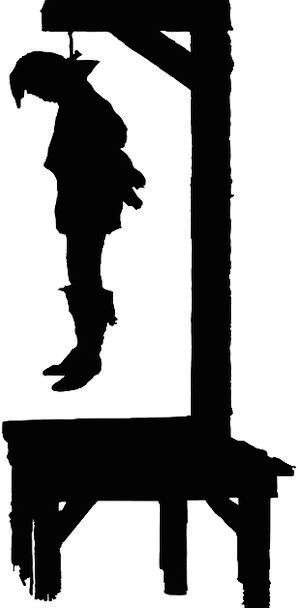God saves his people today just as he saved the Jews from destruction 2500 years ago. This is recorded in the book of Esther (https://en.wikipedia.org/wiki/Purim). Jewish people still celebrate God’s providential actions. God’s name is never mentioned in that Old Testament book, but his control of people and events cannot be denied. The story is set in ancient Persia in about 480 B.C. during the reign of Xerxes. The king replaced his wife when she refused to parade her beauty in front of Xerxes’ gluttonous and drunken party guests. He chose a young Jewish woman named Esther after she won a nationwide beauty contest. Through Esther, God saved his people who were living in the Persian Empire at the time.
God’s Behind-the-Scenes Providence
Soon after Esther was crowned queen, Esther’s uncle Mordecai publicly insulted Haman, Xerxes second in command. So, he tricked the king into making a decree that all the Jews in the kingdom were to be killed on a certain day. But genocide wasn’t enough for Haman. He also decided to build a gallows in his front yard so he could humiliate and murder Mordecai.
But God was in control. He made it possible for Mordecai to overhear a conversation in which some members of king’s court were planning to kill Xerxes. He reported the plot to the palace officials. They promptly executed the would-be assassins. And the incident became part of the official court records.
Xerxes decided to read those records in an attempt to ease his insomnia. In God’s providence, he just happened to read how Mordecai’s intervention had saved his life. The next day, Xerxes commanded Haman to dress Mordecai in the king’s clothes and lead him through the streets on the king’s horse. He was to proclaim, “This is a man the king desires to honor.” You can imagine how Haman’s anger and hatred boiled after that. He was more determined than ever to get rid of Mordecai and all his people.
Esther was aware of the honor paid her uncle, and she knew that Haman had gotten Xerxes to decree the death of all the Jews. She planned to remedy both situations by schmoozing the king and baiting Haman into a trap. She invited her husband and Haman to dinner and served as the perfect hostess for two nights. Haman basked in the attention and felt sure it was a sign that things were finally going his way.
God Saves His People
On the third night of dining with the queen, Xerxes asked Esther how he could honor her. She requested that he stop the planned slaughter of her and her people. And, she revealed that Haman was the one who had plotted their destruction. The king left the room in a rage at how Haman had used him. While he was gone, Haman groveled at Esther’s feet pleading for mercy.

Xerxes saw Haman in the compromising position and assumed he was making advances on the queen. In an ironic twist of fate, the king sentenced Haman to be hanged on the gallows he had built to get rid or Mordecai. Xerxes allowed Esther and her uncle to warn all the Jews in the kingdom about the coming attack. As a result, the Israelites armed themselves and defeated the king’s men who attacked them. Then, in one final stroke of irony, Xerxes named Mordecai to replace Haman as his closest advisor.
I can see how God saved his people through the actions of a beautiful queen and a pagan king in this incident. Haman had planned to have all the Jewish people living in the Persian empire killed. But God worked through the actions of Esther, Mordecai, and King Xerxes to save his people. This is so important to the Jews today that they celebrate it in the annual Feast of Purim. Furthermore, the story illustrates the truth of Proverbs 21:1. “The king’s heart is a stream of water in the hand of the LORD; he turns it wherever he will.”
Salvation
Anyone who places their faith in Jesus for salvation becomes a child of God. From that point on, God takes responsibility for our welfare. He protects and provides for us just as he did for the Jews living in Persia.
Other Resources
You might want to watch a fun Animated presentation of the story of Esther
My book addresses the topic of this blog in two chapters: If Only I Hadn’t Been Abused and If Only the Pain Would go Away

